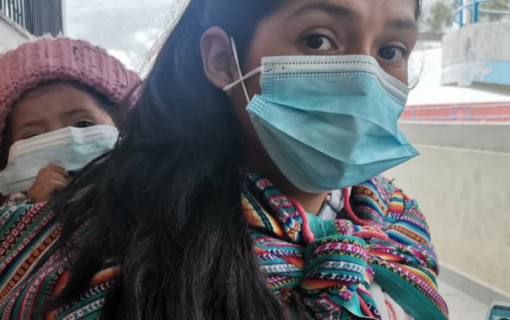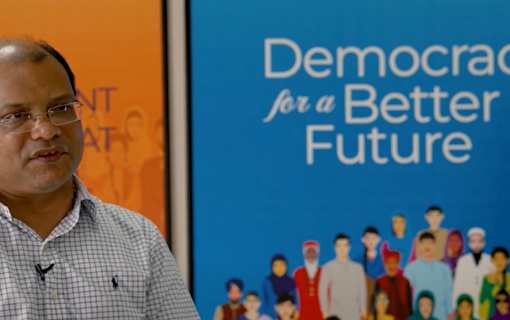Togo: A Pre-election Assessment Report, March 30, 1992
EXECUTIVE SUMMARY
A three-member team selected by the International Foundation for Electoral Systems, in Togo on a two-week study tour, found sufficient commitment from participants in the democratic process to ascertain that elections will be conducted as scheduled. All parties have an interest in seeing that the elections are conducted in such a manner as to be accepted within and without the country as having met international standards of freedom, fairness and openness. The recommendations of the team are:
• The government of Togo should create an electoral commission or agency with a mandate for organizing and administering the entire election process. It should have broad authority and clear decision-making capability in all matters, including but not limited to setting campaign regulations, coordinating security measures, developing a civic education program and soliciting international cooperation. The commission should be independent of all of the ministries and be composed of members nominated by the executive and legislative branches of government.
• A vigorous, pervasive civic education program should be implemented. Most Togolese people have had no experience with democracy or open elections. The government needs to inventory all instruments which could be mobilized to develop and conduct civic education programs to inculcate the basic notions of citizen responsibility in the selection of the country's leaders and the accountability of those leaders to the public. Social, informational and educational institutions, those of the government and of society in general, should be drawn into the effort.
• The body responsible for administering the elections should institutionalize contacts between the contenders for power. Dialogues, forums, meetings, conferences and seminars should be initiated, preferably with clear ground rules designed to avoid exacerbation of conflicts. It is especially important that supporters of the former regime be full participants in these exchanges.
• The government of Togo should begin to engage its diplomatic friends not only for financial and technical support, but as a deterrent to anyone who would threaten the democratization process now underway. All Togolese political actors are sensitive to the opinions of the international community. Togo has strong friends abroad who will respond to overtures for advice and assistance. A substantial involvement of these countries and institutions will help to assure a detached role of the armed forces and minimize random violence on their part.
• The Togolese should begin now to identify international sources of election observers and consult with them about delegation sizes and qualifications, such as nationality, language ability and experience.
Read the Full Report.









